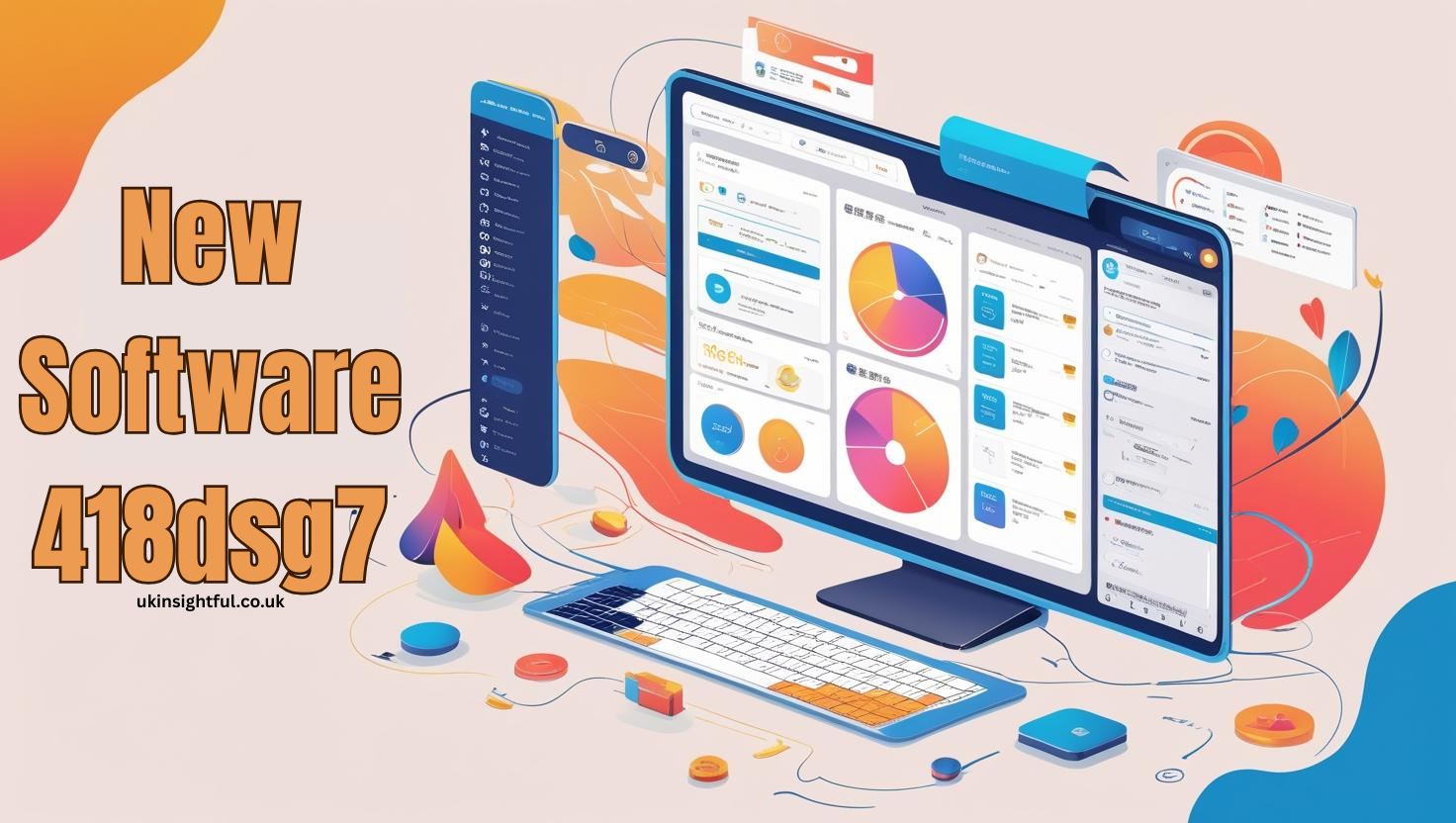
hmrc urges parents to claim child benefit for christmas. Learn how to apply, key deadlines, benefits, and tips for new parents.
Introduction
HMRC urges parents to claim Child Benefit for Christmas, especially new parents, to ensure timely payments and access to vital National Insurance credits. If you’ve welcomed a new baby recently, you should submit your claim online or via the HMRC app within 48 hours of registering the birth to receive payments before the holiday rush.
Child Benefit offers financial relief and long-term advantages like National Insurance credits, which count toward your State Pension. While payments may not seem huge—£24.00 a week for the first child and £15.90 for each additional child—they add up and can ease the financial burden during the costly holiday season.
Why Is HMRC Urging Early Claims Before Christmas?
A Push for Digital Claims Amid Holiday Deadlines
As Christmas approaches, HMRC is proactively encouraging parents—particularly first-timers—to use its digital platform for Child Benefit claims. Over one million families have already benefited from faster processing through the app and online service. Applying now increases your chances of receiving your first payment within 3 working days, provided all documentation is accurate.
What Is Child Benefit and Who Is Eligible?
Child Benefit is a government financial support scheme for parents or guardians raising children under the age of 16 (or under 20 if they stay in approved education or training). You can claim for any number of children, and there’s no limit on the number of children you can claim for.
Eligibility Requirements:
-
You are responsible for a child under 16 (or under 20 in full-time education).
-
You live in the UK.
-
You are not subject to immigration control (with some exceptions).
How Much Can You Receive?
The 2024–2025 Child Benefit rates are as follows:
-
£24.00 per week for your eldest or only child.
-
£15.90 per week for each additional child.
This translates to:
-
£1,248 annually for one child.
-
£828 annually for each additional child.
How to Claim Child Benefit Before Christmas
Step-by-Step Guide to Applying Online
Step 1: Register Your Child’s Birth
You must register the birth of your child with your local council before you can claim Child Benefit.
Step 2: Gather Required Information
Make sure you have:
-
Your National Insurance number
-
Your child’s birth certificate
-
Your bank or building society account details
Step 3: Apply via HMRC App or Online
Apply directly on GOV.UK Child Benefit or through the HMRC app. Claims are typically processed within 3 working days, especially when done digitally.
Step 4: Track Your Application
Keep an eye on your HMRC account or app for updates and confirmations.

What If You Earn Over £60,000? Understanding the High Income Child Benefit Charge (HICBC)
If you or your partner earns over £60,000, you may be subject to the High Income Child Benefit Charge (HICBC). This charge gradually increases until your entire benefit must be repaid via Self Assessment if income exceeds £80,000.
However, you should still complete the claim, as opting in can ensure you receive:
-
National Insurance credits toward your State Pension.
-
The option to receive the benefit and pay the charge later, or opt out of payments but retain your entitlement.
Why It’s Important to Claim — Even If You Don’t Want the Money
Some parents opt out of receiving the cash to avoid the HICBC. However, not claiming at all can cost you valuable National Insurance credits. These credits are essential for securing your future State Pension, so always complete the claim, even if you don’t take the money.
Common Mistakes to Avoid When Claiming
-
Delaying the claim: You can backdate claims by up to 12 weeks, but it’s better to claim ASAP to avoid payment delays.
-
Incorrect bank details: Double-check your bank info to ensure smooth transactions.
-
Not registering the birth first: This is a required step before applying.
Christmas Budgeting Benefits: Why Claiming Early Matters
Christmas can be a financial burden for many families. Having your Child Benefit paid in time:
-
Helps cover gifts, meals, and essential bills.
-
Acts as a buffer for January expenses.
-
Reduces stress by ensuring you’re receiving all entitlements.
Practical Tips for a Smooth Claim Process
-
Apply digitally: The HMRC app is quick, secure, and efficient.
-
Use reminder tools: Set phone alerts or calendar reminders after registering your baby.
-
Stay informed: Sign up for HMRC newsletters or check the Child Benefit eligibility page for updates.
Real-Life Example
Sophie, a first-time mum from Leeds, registered her baby on December 1st and applied for Child Benefit on the 3rd. By December 6th, she received her first payment—just in time to buy Christmas essentials and contribute to her family’s festive dinner.
Comparison: Online vs Postal Application
| Feature | Online/App Application | Paper Form (CH2) |
|---|---|---|
| Processing Time | 3 working days | Up to 12 weeks |
| Track Application | Yes | No |
| Requires Birth Cert? | Yes | Yes |
| Secure Submission | High | Moderate |
| Recommended By HMRC | ✅ Yes | ❌ No (slower option) |

Conclusion
The HMRC urges parents to claim Child Benefit for Christmas not just for financial relief, but also to ensure they receive long-term benefits like National Insurance credits. If you’ve recently had a child or are planning to soon, act quickly—digital claims are fast, efficient, and designed for you.
FAQs
1. Can I still get Child Benefit if I earn over £60,000?
Yes, but you may need to repay some or all of it through the High Income Child Benefit Charge. You can still claim for National Insurance credits.
2. How soon should I apply after birth?
Apply as soon as you register your child’s birth. You can claim online 48 hours afterward.
3. Is Child Benefit taxable?
No, it’s not taxable. However, if you earn over £60,000, you may have to pay the HICBC via Self Assessment.
4. What if I miss the 12-week backdate window?
You’ll lose payments for the weeks prior. Apply as soon as possible to avoid this.
5. Can I receive Child Benefit for children living abroad?
Only under very specific circumstances, usually involving EU or EEA countries and certain employment statuses.
Read also: adsy.pw/r Your Complete Guide to SEO-Driven Guest Posting







